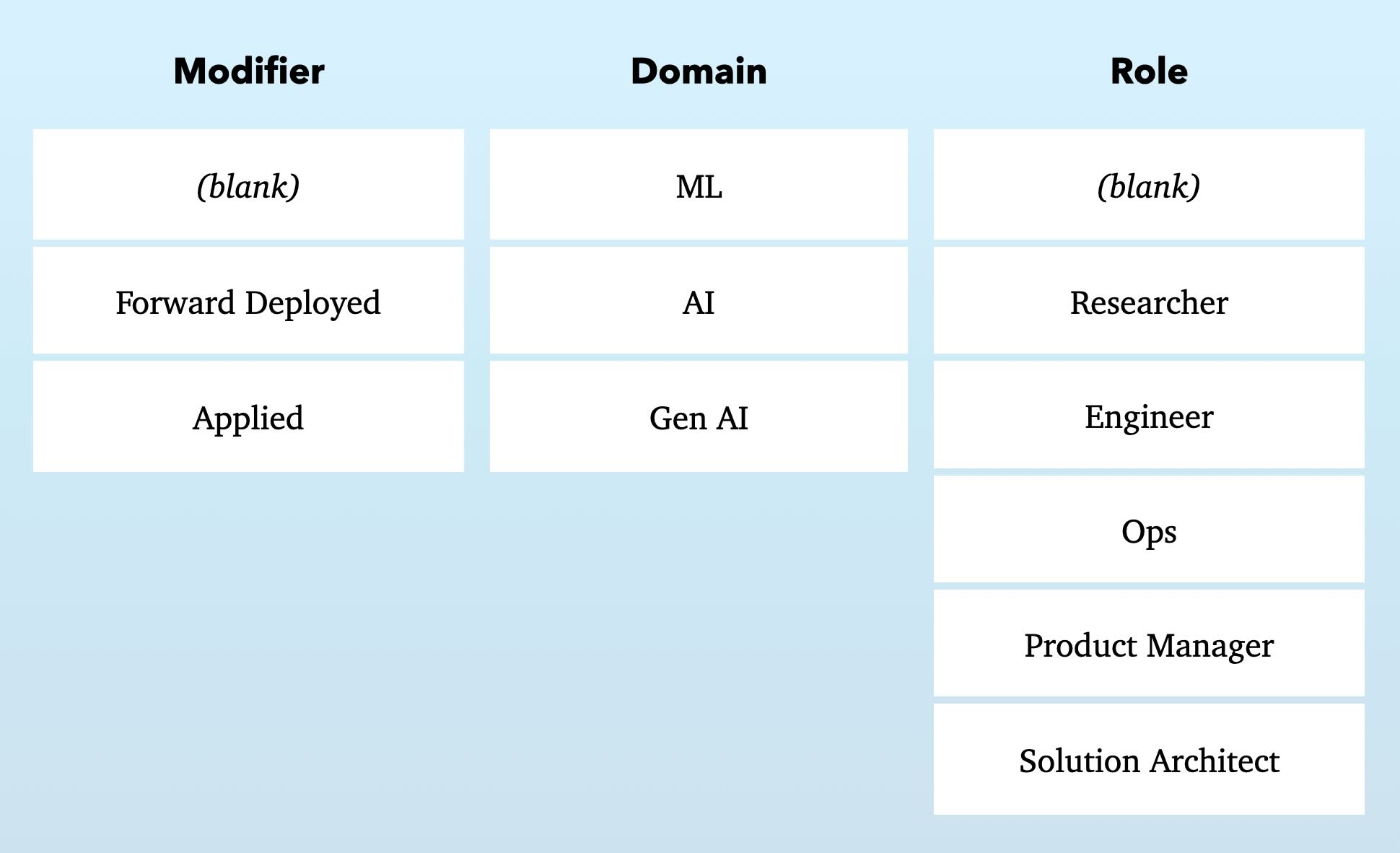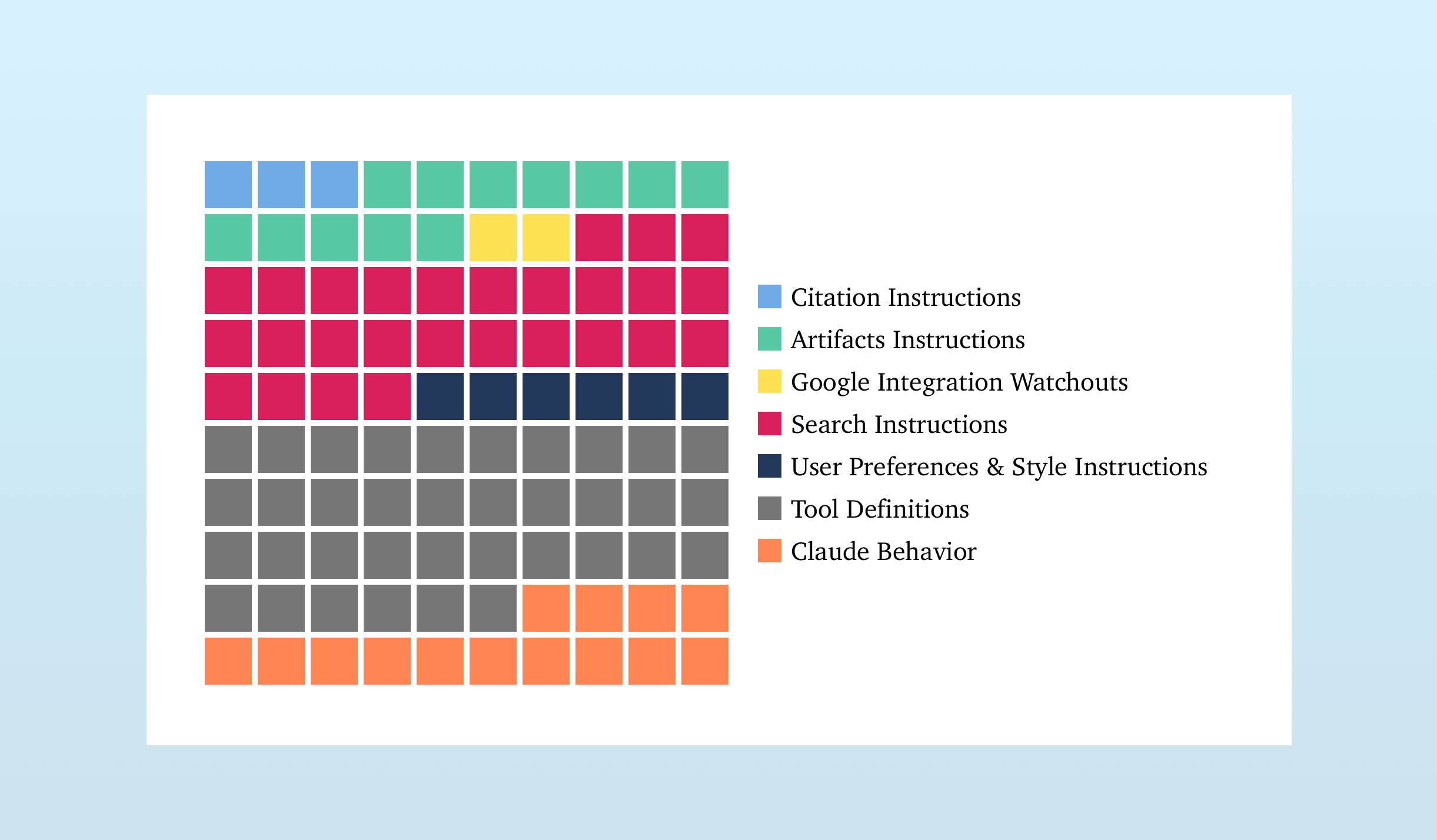Six Ways to Tame the Beast: Mitigating Context Failures in LLMs

Large language models (LLMs) boast ever-increasing context windows, but excessive context can hinder performance. This article details six mitigation strategies: Retrieval-Augmented Generation (RAG) for selective information addition; Tool Loadout for choosing relevant tools; Context Quarantine for isolating contexts into separate threads; Context Pruning for removing irrelevant information; Context Summarization for condensing the context; and Context Offloading for storing information outside the LLM's context. Studies show these methods significantly improve model accuracy and efficiency, particularly when handling numerous tools or complex tasks.
Read more



